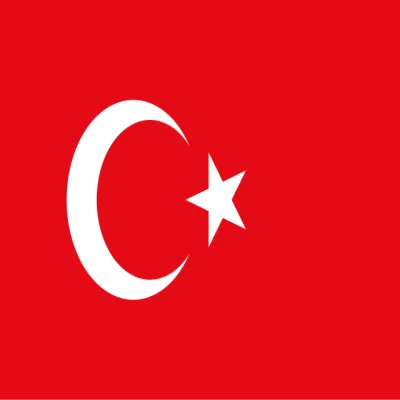In recent years, the country known widely as Turkey has been rebranding itself under the name "Türkiye." This shift is not merely a change in nomenclature but reflects a deeper cultural, linguistic, and nationalistic movement aimed at reinforcing the country’s identity. Here’s an in-depth look into why "Türkiye" is preferred and its implications on both a domestic and international level.
1. Cultural and National Identity
• Historical Roots:
The name "Türkiye" has long been the conventional term used by the Turkish people themselves. It translates to "land of the Turks," capturing a sense of national identity that is rooted in the country’s history and the culture of the Turkish people.
• Empowerment and Pride:
The use of "Türkiye" is part of a broader push towards embracing Turkish heritage and language. By using the native term, citizens express pride in their identity, culture, and traditions. It is a reinforcement of their national narrative and self-perception.
2. International Representation
• Branding Strategy:
In 2021, the Turkish government initiated a campaign to promote the name "Türkiye" in international contexts, aiming to solidify a distinctive national brand that is representative of its people, culture, and values. This move is part of a larger strategy to enhance its global image and presence.
• UN and Diplomacy:
The Turkish government has sought recognition of the name "Türkiye" in international bodies such as the United Nations. By adopting this name in diplomatic relations, Turkey aims to present a united and cohesive identity on the global stage.
3. Linguistic Considerations
• Language Promotion:
Highlighting "Türkiye" reinforces the importance of the Turkish language. The Turkish government has emphasized the native name to encourage linguistic pride and to promote the Turkish language internationally.
• Avoiding Stereotypes:
The English term "Turkey" also carries different associations, including a bird famous for being served at Thanksgiving in the United States. By adopting "Türkiye," the country aims to dissociate itself from these stereotypes, ensuring that international recognition is more aligned with its cultural and national identity.
4. Practical Implementation
• Rebranding Initiatives:
Following the campaign launch, "Türkiye" is now being used in official documents, presentations, and branding efforts. This includes promotional materials, government communications, and appearances at international events.
• Tourism Promotion:
The Turkish tourism sector is actively adopting "Türkiye" in marketing campaigns, underlining the beauty, heritage, and culture of the country. This focus aims to attract tourists who may be looking for an authentic experience in "Türkiye" rather than "Turkey."
5. Public Reception and Acceptance
• Societal Response:
The transition to "Türkiye" is largely well-received within the country. Many citizens support this change, viewing it as a positive move towards reinforcing national identity and pride, especially in a rapidly globalizing world.
• International Awareness:
While the acceptance of "Türkiye" in international circles is ongoing, there is a growing recognition of the importance of using the native term, particularly in media and diplomatic language.
Conclusion
The shift from "Turkey" to "Türkiye" represents a significant cultural and political statement for the nation. By embracing "Türkiye," the country underscores the importance of identity, language, and heritage in a global context. This rebranding effort aims to fortify national pride and promote a cohesive image of the Turkish nation on the world stage, reflecting the values and aspirations of the Turkish people.
.webp&w=3840&q=100)














